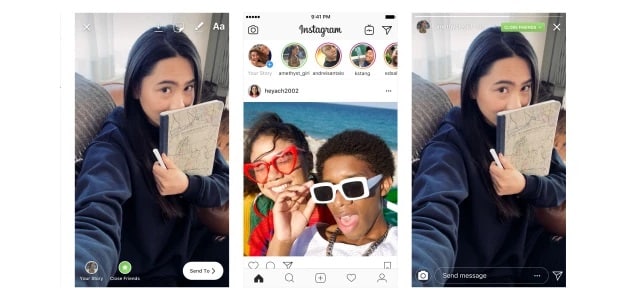
Instagram's new Close Friends option lets you limit the audience for Stories
Instagram has announced the rollout of Close Friends, a feature that makes it possible to create a list of people with whom you'd like to share Stories. This is very different to the current approach which sees Stories shared with everyone.
The feature has been beta tested for nearly a year and a half and is now ready for primetime. Rolling out to iOS and Androind in the coming days, the new feature will be welcomed by those who had concerns about privacy on Instagram.
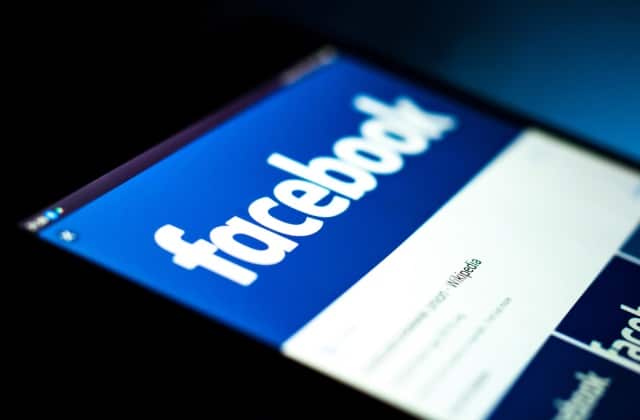
Facebook Watch is a disaster... so now it will target an older audience
Facebook's plan for Facebook Watch to be a viable competitor to YouTube seemed a little unlikely -- to say the least -- and it would seem that the pessimists were right. Facebook Watch has proved to be a dud.
A little over a year after launch, the on-demand video service has gained an audience of just 50 million people. This might initially sound like a large number, but YouTube has -- admittedly over a number of years -- amassed over 1.8 billion users. The problem appears to be that younger audiences are simply not interested in Facebook Watch, so Facebook is now switching the focus of the service to an older market.
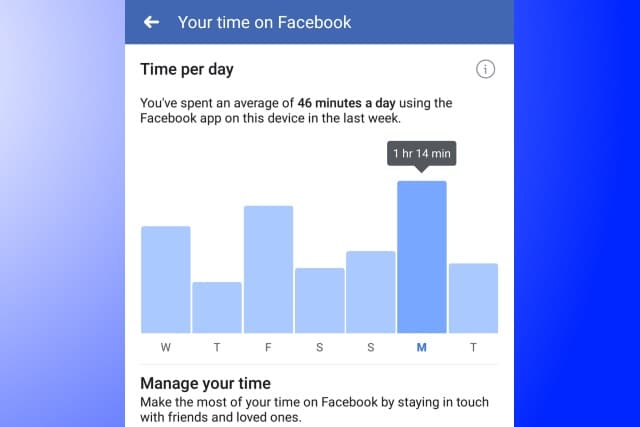
Your Time On Facebook rolls out, revealing how much time you waste in the social network's mobile apps
It is a little while -- over three months, in fact -- since Facebook said that it was planning to launch a tool that would give users some insight into the amount of time they spent using the social network. This tool is now rolling out.
Unimaginatively called Your Time On Facebook, the tool offers a dashboard that gives a very basic overview of how long you spend using Facebook each day. But going beyond this, it can also be used to set daily reminders to help you to cut down your usage. Trying to kick your Facebook habit? Maybe this could help.

Facebook defends the privacy of Portal as the smart devices start shipping
As soon as Facebook announced its smart video calling device -- Portal and Portal+ -- there were concerns about the privacy implications of introducing Facebook hardware with a camera into your home.
The company has already gone to some lengths to try to allay privacy-related fears, clearly pre-empting the concerns people would have. Facebook describes Portal as "private by design", but now it has gone further, using a blog post to stress the privacy and security of the devices, as well as offering reassurances about how data collected through them will -- and won't -- be used.
WhatsApp is getting ads in the Status section
It had to happen eventually. Ads are coming to WhatsApp.
The monetization of the messaging app through advertising has been talked about for years, and the acquisition by Facebook served only to make it more likely. Now the company's vice president Chris Daniels has confirmed that ads are arriving in WhatsApp's Status section.
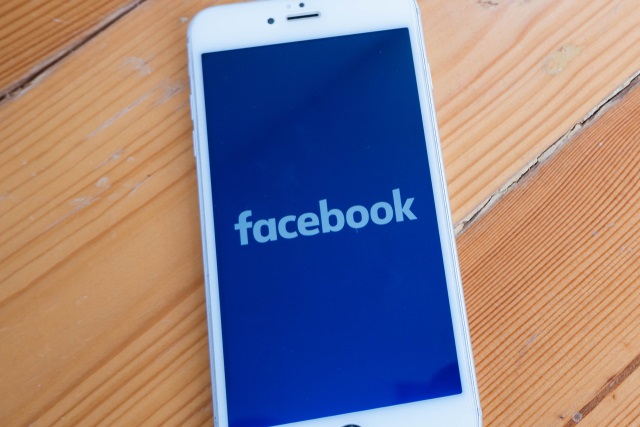
UK hits Facebook with maximum possible fine for Cambridge Analytica privacy scandal
The UK Information Commissioner's Office (ICO) has penalized Facebook for the Cambridge Analytica data scandal by fining it the maximum amount permissible under law.
But the fine is unlikely to make Facebook break a sweat. At just £500,000 ($645,000) the sum represents a miniscule percentage of the social network's income. There will undoubtedly be arguments that this is little more than a rap on the knuckles for failing to protect the private data of at least a million Facebook users in the UK.
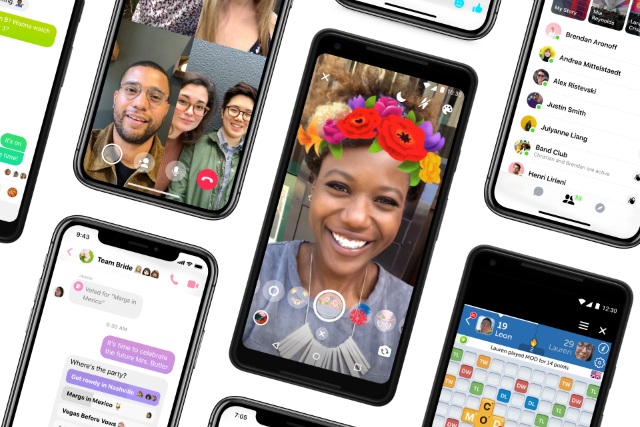
Facebook Messenger 4 is simpler and far, far less ugly
After hitting the headlines for falling victim to a hack attack, and then the privacy issues surround its Portal devices, Facebook will be hoping that the rollout of a sleeker, sexier, simplified version of Messenger will do something to get disgruntled users back on side.
The social networking giant has launched Facebook Messenger 4, a neater and tidier version of its messaging app. As well as clearing out the clutter, there is the promise of a dark mode in the future.

Mugger tip: Here's what not to do
The world has a number of less-than-bright criminals, from those who become stuck in their exit route (think vent pipes and the like), to those who get caught through use of a stolen device. Facebook has even led to a few arrests of people who bragged or posted the video evidence online.
Although this story is courtesy of Facebook, one alleged criminal took an interesting approach to outing himself. While the whole situation is sad for the victim, the end is shocking.
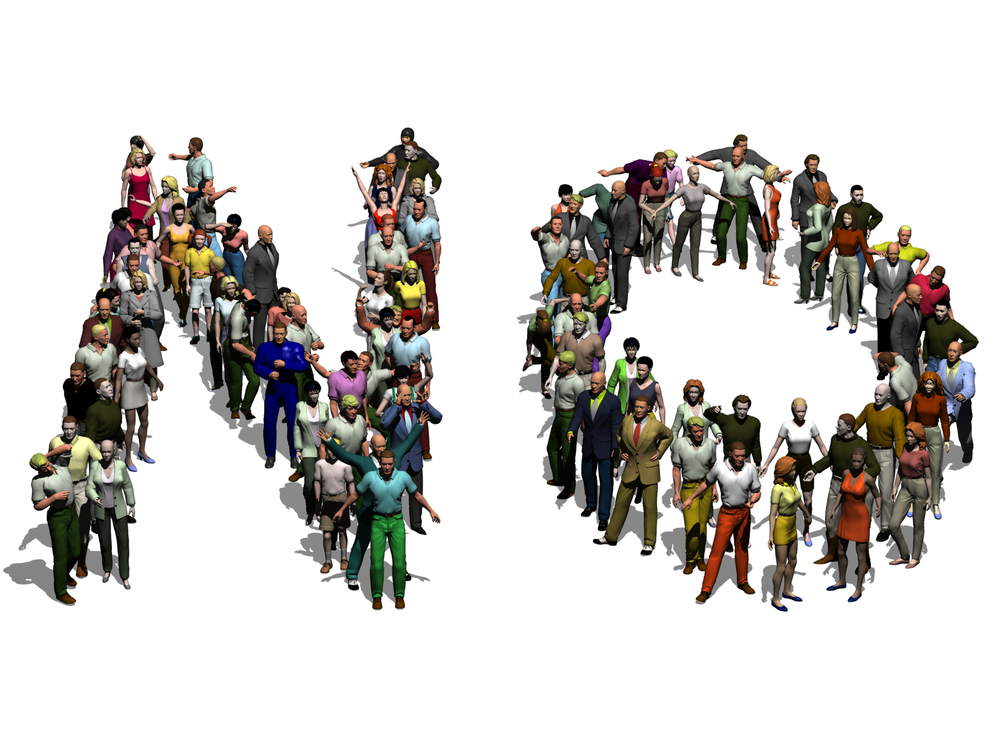
Goodbye noisy neighbors, I quit Nextdoor
Six days ago, Facebook notified me that my personal information had been pilfered in a recently revealed hack affecting tens of millions subscribers. Lovely. Why don't you kick me in the head, too, Mark Zuckerberg? Perhaps you would prefer a baseball bat, so you can beat me to death instead? I responded by removing most of the same information from my FB and started a content purge ahead of possible account deletion.
Since then, I have been on a social media account rampage, which turned my sights to Nextdoor, where I joined on Aug. 29, 2017 (my Facebook is 12 years old, for comparison). When checking privacy settings, I discovered that the social network lists your actual address (presumably by default) for locals to see. The only other option is the street where you reside—what I switched to. Do I really want cranky neighbors coming up to my door and rap-rap-rapping? Or provide would-be burglars a place to break into, after observing my habits and schedule online and off? Eh, no! I appreciate that someone had to invite me to Nextdoor, which verified my residence to be part of the local network. But sharing my street or actual address is too public for me. Late yesterday afternoon, I deactivated my account. But reasons are bigger, with the privacy thing being but one.

Facebook says it could use data from Portal devices to target users with ads
When Facebook unveiled its Portal and Portal+ video calling hardware last week, there were immediate concerns voiced about the privacy implications of the social network's new devices.
Facebook has been insistent that Portal is "private by design", and the company said no data -- such as call logs and app usage information -- would be used to target users with ads. Now the company has changed its mind and says that actually it could be hitting users with targeted ads.
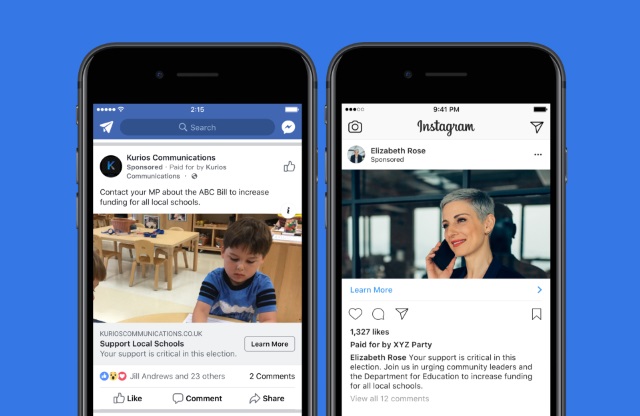
Transparency: Facebook to reveal who pays for political ads in the UK
In recent years there have been concerns about the influence it is possible to exert over election results through social media. As well as fears relating to fake news and misinformation, there have also been calls for greater transparency when it comes to revealing the funding of political advertising.
To address some of these concerns, Facebook has announced that any ads running in the UK that make reference to political figures will have to publicly reveal the identity of the organization or individual that paid for them. The new rules about transparency will apply to both Facebook and Instagram.
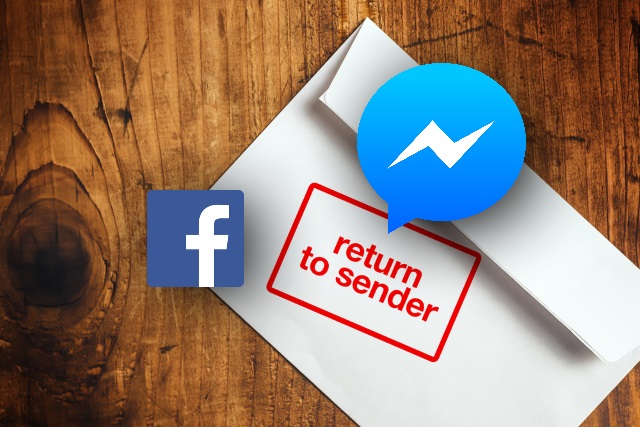
An Unsend option is coming to Facebook Messenger
Mark Zuckerberg caused controversy around six months ago... nothing strange for Facebook you may think. On this occasion, the founder of the social network managed to upset people when it turned out he had deleted messages he had sent through Facebook Messenger: an option that wasn't -- and isn't -- available to other Facebook users.
At the time, when the matter came to light, Facebook said that the ability to unsend messages would ultimately give everyone the option to delete the messages they had sent. At long last, the feature is being tested, so we might see if released publicly in the not-too-distant future.
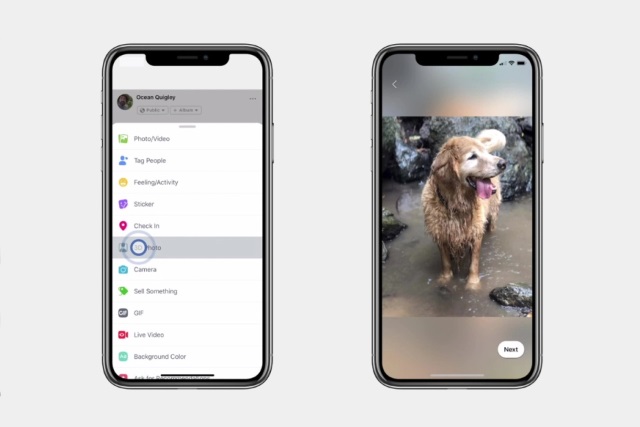
Now you can post 3D photos to Facebook from your smartphone
A new option is in the process of rolling out to Facebook users around the world: the ability to post 3D photographs. The key attraction here -- apart from the fact that 3D images look kind of cool -- is that no special equipment is needed.
Of course, you have to be realistic with your expectations. The new 3D photos feature does not create interactive, fly-through images or anything fancy like that. Rather it plays with parallax effects to create the illusion of depth that you can enjoy by scrolling, panning and tilting your phone.
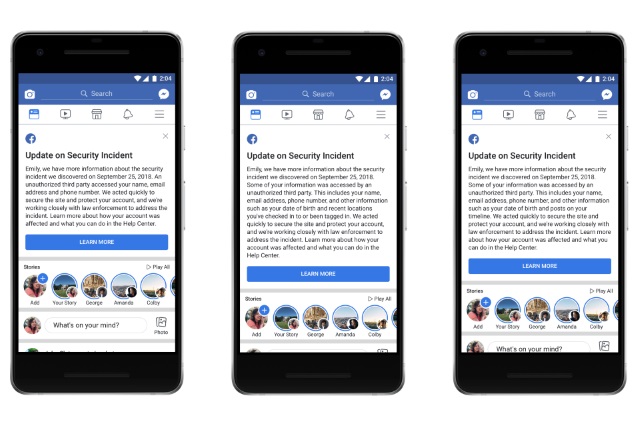
How to see if you were affected by the huge Facebook hack
The most recent Facebook security issue is one of the most serious yet for users of the social network. Depending on which numbers you are look at, the hackers who exploited a security flaw have impacted on anything between 14 and 30 million people.
Facebook is still -- with the help of law enforcement agencies -- investigating the incident, and in the meantime many people feel as those they are being left in the dark. If you want to find out if your account has been affected, here's what you need to do.

Facebook says hackers accessed highly-detailed personal data of 15 million users
In a news release with the bizarrely vague title of "An Update on the Security Issue", Facebook has revealed that the "View As" security breach it opened up about recently gave hackers access to the personal details of 15 million users.
Having previously advised that the access tokens stolen by hackers had not been used to infiltrate other apps and services, the social networking giant now says 15 million people have had their names and contact details exposed. 14 million users had significantly more details revealed, including username, relationship status, religion, hometown, birthdate, places they have checked into, and recent searches.
